Foresights and ideas that expand minds and inspire a change of heart.
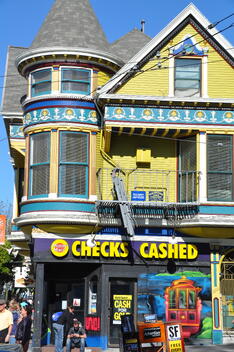
At a time when the demise of the USA is heralded and feared by economists around the world, and the imminent ascendancy date of China as the world's largest economy is now looking closer to 2016 than 2040, I thought I'd take a look myself at the state of innovation in California's Silicon Valley.
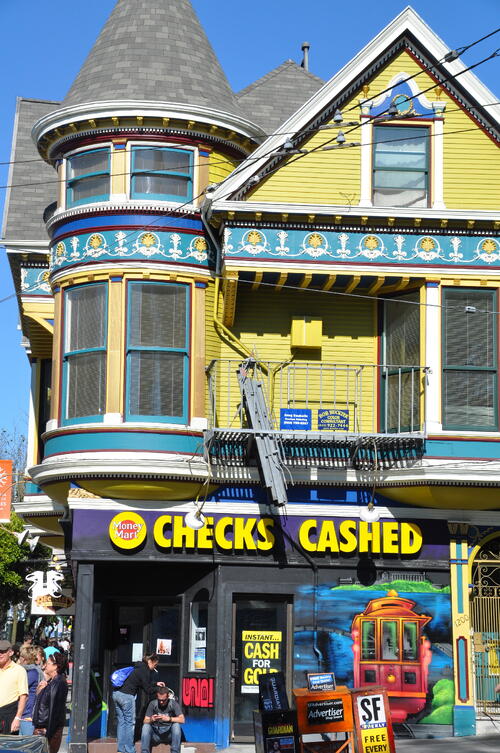
While some people would travel to San Francisco to visit the Golden Gate Bridge, check out Alcatraz, and hang out in Dolores Park, I went to San Francisco largely as a tech tourist on a geek expedition. In an age of ideas, and with tectonic shifts happening underneath us while we blog, I have been curious to tune into the vibe in this epicentre of innovation.
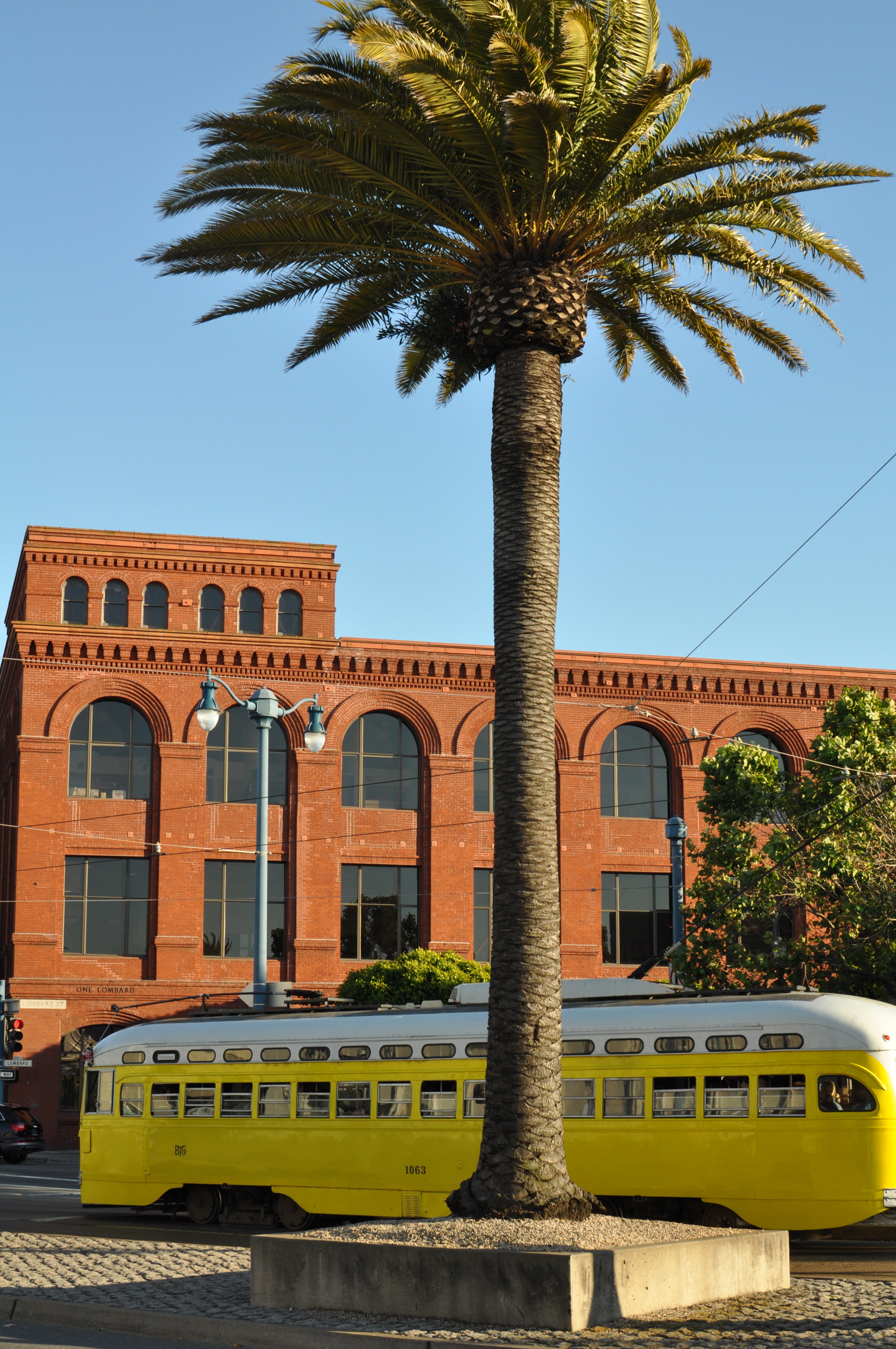
Why is that organisations like Google, Facebook, Linkedin, HP, Apple, Stanford, Shazam, and NASA et al. all call Silicon Valley home?
An easy 45 minute drive along California's Highway 101, and spanning from Menlo Park in the north to Mountain View in the south, there is a strong sense -an energy - that anything is possible here. During my week in California I had lunch at Singularity University (started by futurist Ray Kurzweil) with my good friend and founder of Student Competitions, Gustav Borgefalk, enjoyed a dinner meeting at Apple's Mothership, and had coffee and raw foods at the Googleplex. I even managed to have a quick word with the founders of the epic iPhone App, Shazam. Even on the main street of the quiet Palo Alto, there is a sense that the cafes here are enjoying the quiet next to the perfect storm of innovation, that Facebook isn't so much a website, but an actual shop just down the street.
When you speak to eccentric, esoteric, and new age individuals, they will talk excitedly about places and events like Burning Man (incidentally a Start Up must for Silicon Valley), Goa in India, Death Valley, and Uluru. While my rational intellect doubts that meridian lines create certain types of healing energies, my more intuitive mind tells me that when smart misfits who want to change the world for the better by using exponential technologies and congregating in a certain place, they may very well create an attractive groundswell movement that has gusto. Gusto creates more gusto.
What are the implications for organisations who mindlessly chase cost-cuts by moving to bland business parks without a soul? And what differentiates North Ryde in Sydney, Kista in Stockholm, or the Reeperbahn area in Hamburg from Silicon Valley?
So here is a bit of an elevated, Helicopter view from another lense on Silicon Valley and what makes it special.
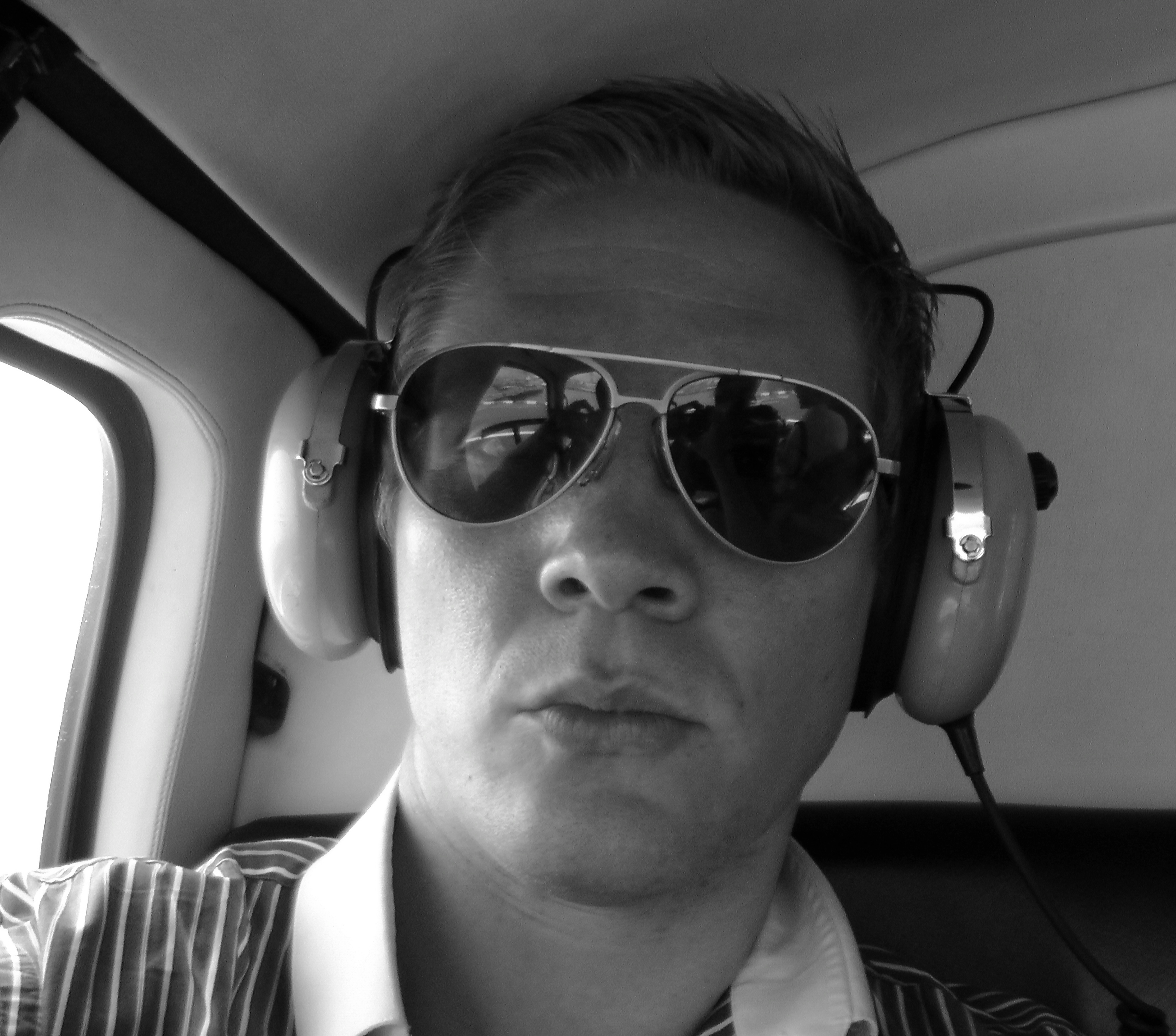
One recurring theme is that each of the places that I was invited to felt like a kindergarten. At the NASA research centre which hosts Singularity University, there are no set chairs, and the multicoloured pods created by IDEO are all on wheels which encourages new formations, ideation and collaboration. Tinkering with lego is seen as a serious pursuit, iPads are put to innovative use as low budget robotic versions of Cisco's telepresence, and the old on-site McDonald's has become a research lab. At Google, child-sized, rainbow-coloured bikes take Googlers from one part of the campus to another in what feels like a mini-version of Copenhagen, organic raw food is served up around the clock, and books can be printed on-demand via the in-house Espresso Book printer. At Apple's Mothership on Inifinite Loop, Steve Jobs and Jonathan Ive oversee a courtyard of slick designs and chilled out lawns. In common to all of these places is that they feel more like innovative learning labs - perhaps your idealised university - than concrete and corporate head quarters. In common was also the fact that I didn't meet a single person wearing a tie.
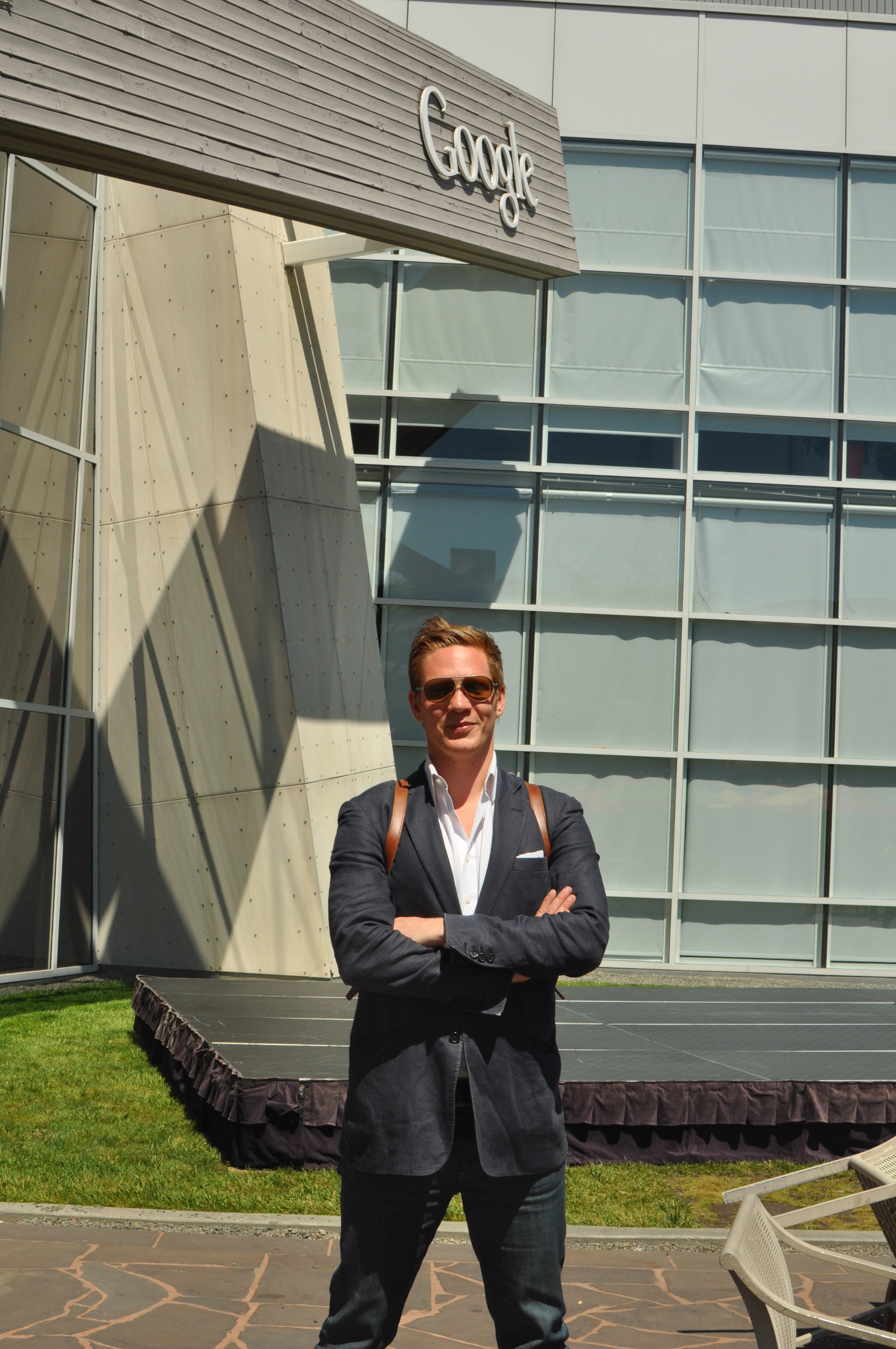
Albert Einstein once said that 'playing games is the most elevated form of investigation', and perhaps it is this mentality that is on display at the HQ's of global thought leaders in innovation. Tinkering, tweaking, 20% innovation time, beach volleyball, constant breaks, personal downtime, naps, and Lego is more reminiscent of my Swedish childcare centre than it is of the corporate towers of management consultants around the world. Being able to 'play around with a concept' removes some of the seriousness and stress of a problem, and moves it into the realm of creativity and innovation.
Being creative in a tie is really challenging, and what I consistently kept experiencing in Silicon Valley was a certain sense of 'Peter Pan Syndrome'. Here, the boys and girls who never grew up use that playfulness to their advantage, and in the process they have fun, an important ingredient for Start Ups that inevitable come up against challenges.
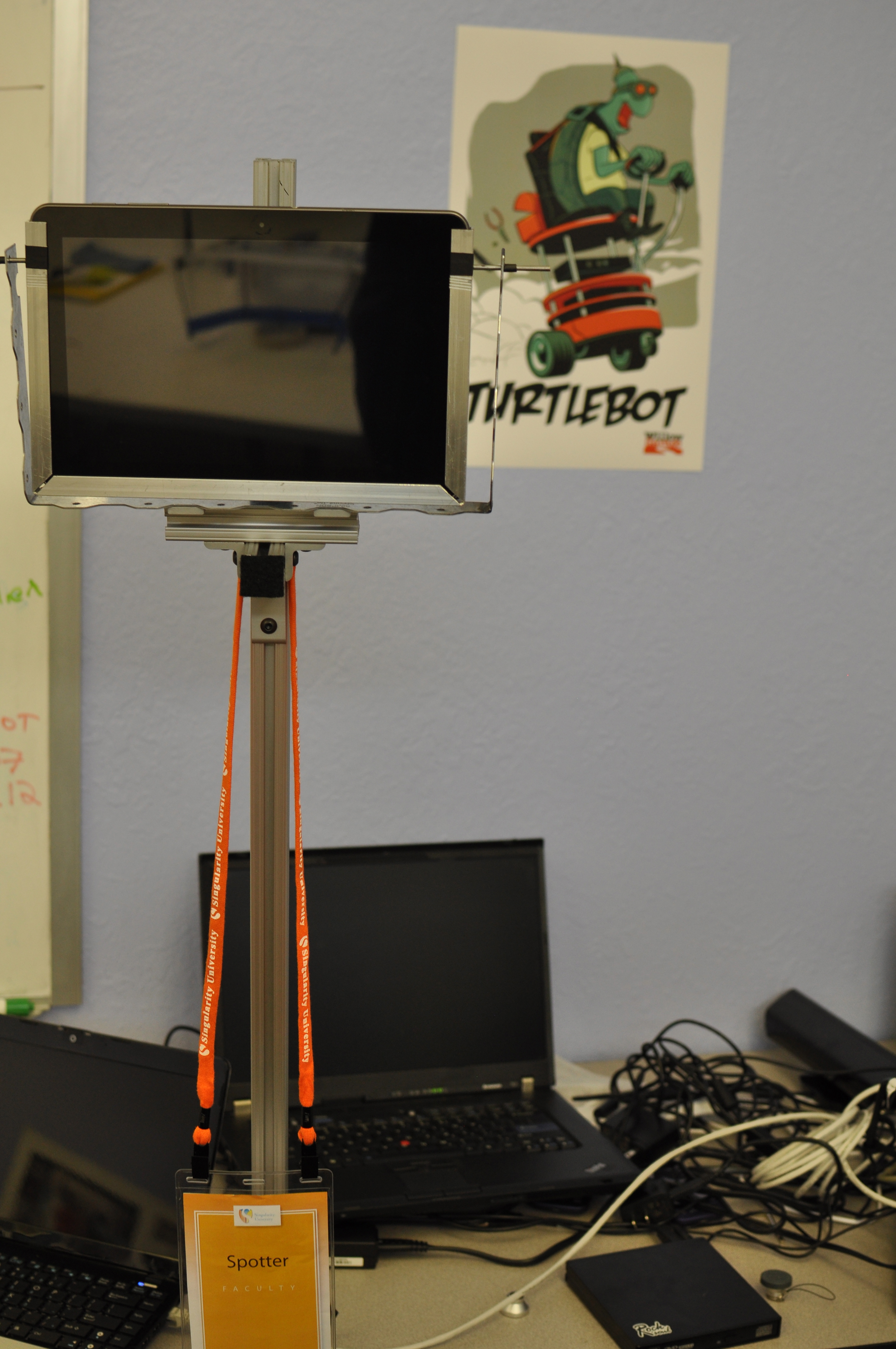
I arrived in San Francisco on a TEDache (an intellectual hangover from TEDGlobal in Edinburgh, Scotland). After engaging in an intellectual mardi gras in Edinburgh and helping to spread 'ideas worth sharing', it was great to see great ideas actually being realised. We sometimes forget that ideas aren't worth much unless they are acted upon. In an earlier life, I remember dating a girl who is a fashion designer and had been sitting on an idea for close to 10 years for fear of it being stolen. In contrast, nearly every person I hung out with in Silicon Valley was an innovator of some sort, and unless you're a 'Start Up', you really haven't earnt your ticket to the conversation. As a futurist, I feel like this is a sober take on life. Mick Jagger might have been the philosopher-du-jour when he uttered the phrase 'Start Me Up', but in Silicon Valley his message still lives on. In fact this song is less of a pop song, than an anthem at the church of making stuff happen.
As a futurist and trendspotter, I'm frequently underwhelmed with change efforts, and the most frequent failure amongst organisations wishing to drive change leadership are not communications plans, executive mentoring programs, or change management models, but rather a sense that the change is not genuine. Ideas are important in this regard, but they must be ignited. It is easy to forget that companies like Facebook or Linkedin were not even born 10 years ago - they are not even tweens yet. Whether you're a fan of Mark Zuckerberg's or not after seeing 'The Social Network' or handing over too much private information on-line, someone at that organisation (whoever it was...) decided that this was an idea worth igniting.
This social aspects of innovation is perhaps easily overseen. But an idea that lives in the mind of just one person is academic masturbation. It's good for the person who (most often wrongly) believes they are sitting on a goldmine, but for no one else. Ideas must be 'incepted' in Leonardo Di Caprio's language, and starting up involves as much persuasive, influential and manipulative powers as it requires sweat or equity. Selling a vision is critical to generating buy-in and ignition and it is a skill that the multicultural society of Silicon Valley is deeply steeped in.
This skill is evident both amongst the established players, but also amongst the early stage 'Start Ups'. I shared a much needed iced tea and a cool conversation with Remi, founder of the musical social network 8tracks.com, to learn what the social networks of tomorrow look like. At their grungy designer offices in The Mission, which of course served both as head quarters and sleeping quarters, standing desks and shining iMacs blended with modern and antique arts to create a nice, luxury bohemian feel. It is sobering for a tech tourist to meet visionaries on these types of expedition who are as friendly and insightful in person, as the intelligence communicated on their websites.
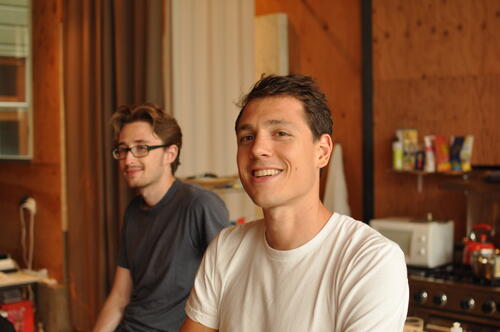
While it may seem counter-intuitive for suited corporates that social atmosphere creates social, genuine, and trusting communications with clients and staff, these social environments are de rigeur in Silicon Valley. These workplaces are more like cafes than office buildings, and coffees feature prominently in the highly energised and caffeinated conversations at 8Tracks. Currently, it is the largest music network consisting of user-generated content, something the founders take great pride in. It is an open model of innovation where users and listeners upload their own 8Tracks and share their music DJ genius along similar lines to the mix tapes that used to be passed around social circles - only now they have a global audience.
We forget that even thought San Francisco as a city only has a population of 800,000, its surrounding areas contain some of the best and brightest of the globe. The area still has a massive global pull as a talent hub. This is a huge differentiating factor in the future of the war for talent, and the future of innovation, and for that matter the future of America's economy. While it may be totally unique in what it has created, visually there is nothing too impressive about Silicon Valley. It is rather the qualities of playfulness, ignition and social that come together with great thinkers, academic rigour, and equity with foresight here, and together they create a perfect storm which China and India will struggle to replicate for some time.
Whether the latter manage to surpass the American economic might on a national level is a different question, because more and more the world is becoming borderless, and talent and innovation clusters like Silicon Valley are likely to continue setting the agenda for the future - both literally and economically.
When we think global we also need to act local, so the question at the end of the day is what your organisation is doing to embrace playfulness, ignition and social to boost innovation inside and outside your direct sphere?

Header Text
Lorem ipsum dolor sit amet, consectetur adipiscing elit, sed do eiusmod tempor incididunt ut labore et dolore magna aliqua. Ut enim ad minim veniam, quis nostrud exercitation ullamco laboris nisi ut aliquip ex ea commodo consequat. Duis aute irure dolor in reprehenderit in voluptate velit esse cillum dolore eu fugiat nulla pariatur.
Lorem ipsum dolor sit amet, consectetur adipiscing elit, sed do eiusmod tempor incididunt ut labore et dolore magna aliqua. Ut enim ad minim veniam, quis nostrud exercitation ullamco laboris nisi ut aliquip ex ea commodo consequat. Duis aute irure dolor in reprehenderit in voluptate velit esse cillum dolore eu fugiat nulla pariatur.
Lorem ipsum dolor sit amet, consectetur adipiscing elit, sed do eiusmod tempor incididunt ut labore et dolore magna aliqua. Ut enim ad minim veniam, quis nostrud exercitation ullamco laboris nisi ut aliquip ex ea commodo consequat. Duis aute irure dolor in reprehenderit in voluptate velit esse cillum dolore eu fugiat nulla pariatur.

Header Text
Lorem ipsum dolor sit amet, consectetur adipiscing elit, sed do eiusmod tempor incididunt ut labore et dolore magna aliqua. Ut enim ad minim veniam, quis nostrud exercitation ullamco laboris nisi ut aliquip ex ea commodo consequat. Duis aute irure dolor in reprehenderit in voluptate velit esse cillum dolore eu fugiat nulla pariatur.
Lorem ipsum dolor sit amet, consectetur adipiscing elit, sed do eiusmod tempor incididunt ut labore et dolore magna aliqua. Ut enim ad minim veniam, quis nostrud exercitation ullamco laboris nisi ut aliquip ex ea commodo consequat. Duis aute irure dolor in reprehenderit in voluptate velit esse cillum dolore eu fugiat nulla pariatur.
Lorem ipsum dolor sit amet, consectetur adipiscing elit, sed do eiusmod tempor incididunt ut labore et dolore magna aliqua. Ut enim ad minim veniam, quis nostrud exercitation ullamco laboris nisi ut aliquip ex ea commodo consequat. Duis aute irure dolor in reprehenderit in voluptate velit esse cillum dolore eu fugiat nulla pariatur.

Header Text
Lorem ipsum dolor sit amet, consectetur adipiscing elit, sed do eiusmod tempor incididunt ut labore et dolore magna aliqua. Ut enim ad minim veniam, quis nostrud exercitation ullamco laboris nisi ut aliquip ex ea commodo consequat. Duis aute irure dolor in reprehenderit in voluptate velit esse cillum dolore eu fugiat nulla pariatur.
Lorem ipsum dolor sit amet, consectetur adipiscing elit, sed do eiusmod tempor incididunt ut labore et dolore magna aliqua. Ut enim ad minim veniam, quis nostrud exercitation ullamco laboris nisi ut aliquip ex ea commodo consequat. Duis aute irure dolor in reprehenderit in voluptate velit esse cillum dolore eu fugiat nulla pariatur.
Lorem ipsum dolor sit amet, consectetur adipiscing elit, sed do eiusmod tempor incididunt ut labore et dolore magna aliqua. Ut enim ad minim veniam, quis nostrud exercitation ullamco laboris nisi ut aliquip ex ea commodo consequat. Duis aute irure dolor in reprehenderit in voluptate velit esse cillum dolore eu fugiat nulla pariatur.
& STAY UP TO DATE WITH FORESIGHTS AND TREND REPORTS!
WE WILL EQUIP YOU WITH THE VIDEOS AND MATERIALS YOU NEED TO SUCCESSFULLY PITCH ASN.
0 Comment